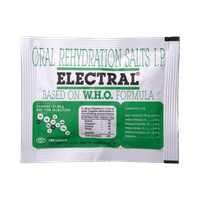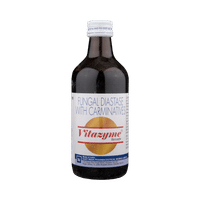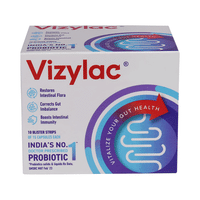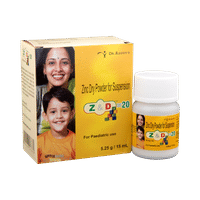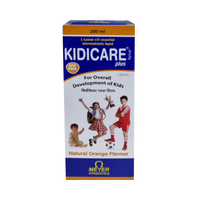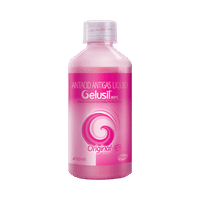Rs.35.90for 1 bottle(s) (30 ml Syrup each)
food interaction for Actipar Syrup
alcohol interaction for Actipar Syrup
pregnancy interaction for Actipar Syrup
lactation interaction for Actipar Syrup
food
alcohol
pregnancy
lactation
Actipar Syrup may be taken with or without food, but it is better to take it at a fixed time.
None
None
CAUTION
It is not known whether it is safe to consume alcohol with Actipar Syrup. Please consult your doctor.
CONSULT YOUR DOCTOR
Actipar Syrup is generally considered safe to use during pregnancy. Animal studies have shown low or no adverse effects to the developing baby; however, there are limited human studies.
SAFE IF PRESCRIBED
Actipar Syrup should be used with caution during breastfeeding. Breastfeeding should be held until the treatment of the mother is completed and the drug is eliminated from her body.
CAUTION
SALT INFORMATION FOR Actipar NA Syrup
Piperazine(NA)
Actipar syrup uses
{med_name} is used in the treatment of worm infections.
How actipar syrup works
Piperazine belongs to class of drugs called anthelmintic. It works by paralyzing the worms and making them to pass in the stool. It is effective against the intestinal nematodes roundworm (Ascaris lumbricoides), pinworm and threadworm (Enterobius vermicularis). Piperazine produces a neuromuscular block leads to muscle paralysis of the worms which are consequently dislodged and expelled in the faeces.
Common side effects of actipar syrup
Nausea, Headache, Vomiting, Dizziness, Abnormal liver function tests, Fever, Abdominal pain, Hair loss, Vertigo
SUBSTITUTES FOR Actipar Syrup
No substitutes foundExpert advice FOR Actipar Syrup
- You have been prescribed Piperazine to treat a variety of parasitic worm infections.
- It should be taken with food.
- Your doctor may monitor your blood counts and liver function before you start taking this medicine and regularly throughout your treatment.
- Avoid being near people who are sick or have infections. Inform your doctor if you develop signs of infection.
- Do not skip doses and finish the prescribed course, even if you start to feel better. Stopping it early may increase your risk of further infection.













